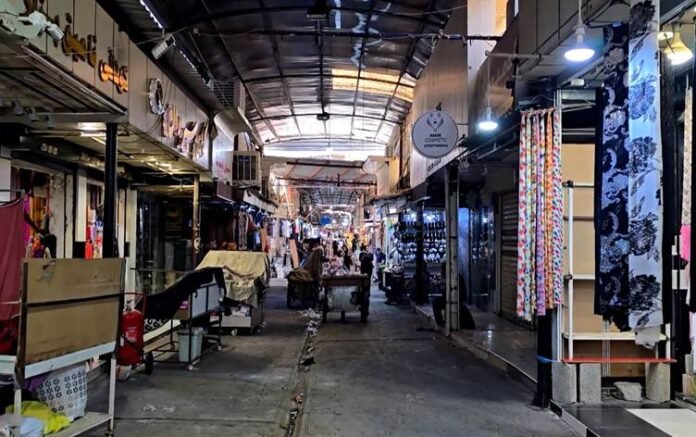The Erbil economic crisis continues to worsen, causing deep concern among citizens in many cities. People across Baghdad and other regions now speak out loudly against government policies. Many residents directly blame the current leadership for their worsening financial conditions.
Several citizens openly criticized the government’s lack of effective solutions. Many expressed frustration with the administration of Prime Minister Mohammed Shia al-Sudani. They believe the Iraq economic crisis has grown worse under his rule.
One Baghdad resident voiced his anger at the government’s priorities. He said that the Prime Minister spends too much money on building bridges. He explained that over five to seven billion dollars went into these projects. He added that these bridges only help trucks, not the economy itself. He stressed that a real economy requires Iraq to produce goods and reduce its dependence on oil.
Another local resident also shared deep concerns. He argued that the government has failed to deliver real economic reforms. He explained that Iraq needs major and long-term plans to rescue its economy. He pointed out that current efforts do not match the tough realities people now face.
The Erbil economic crisis also connects to broader regional tensions. One concerned citizen explained how outside conflicts affect daily life in Iraq. He said that poverty, unemployment, and market instability now spread quickly. He also mentioned that the war between Iran and Israel increases fear among Iraqis. Many residents now worry that Iraq could get pulled into this conflict, making things worse.
As the government approaches the final months of its term, criticism continues to grow louder. Citizens now demand action instead of promises. Many people say they feel ignored while leaders focus on projects that do not improve daily life.
Political analysts also observe a clear shift in public anger. Economic issues now dominate most discussions, replacing older political topics. People from many backgrounds agree that the Iraq economic crisis poses a serious national threat.
Some officials inside the government even admit that reforms have stalled. They agree that Iraq’s current financial model no longer works. However, they struggle to offer clear plans for immediate relief.
For now, many Iraqis believe that only bold action can stop the crisis. They continue to call for urgent steps to fight unemployment, improve services, and reduce poverty.

